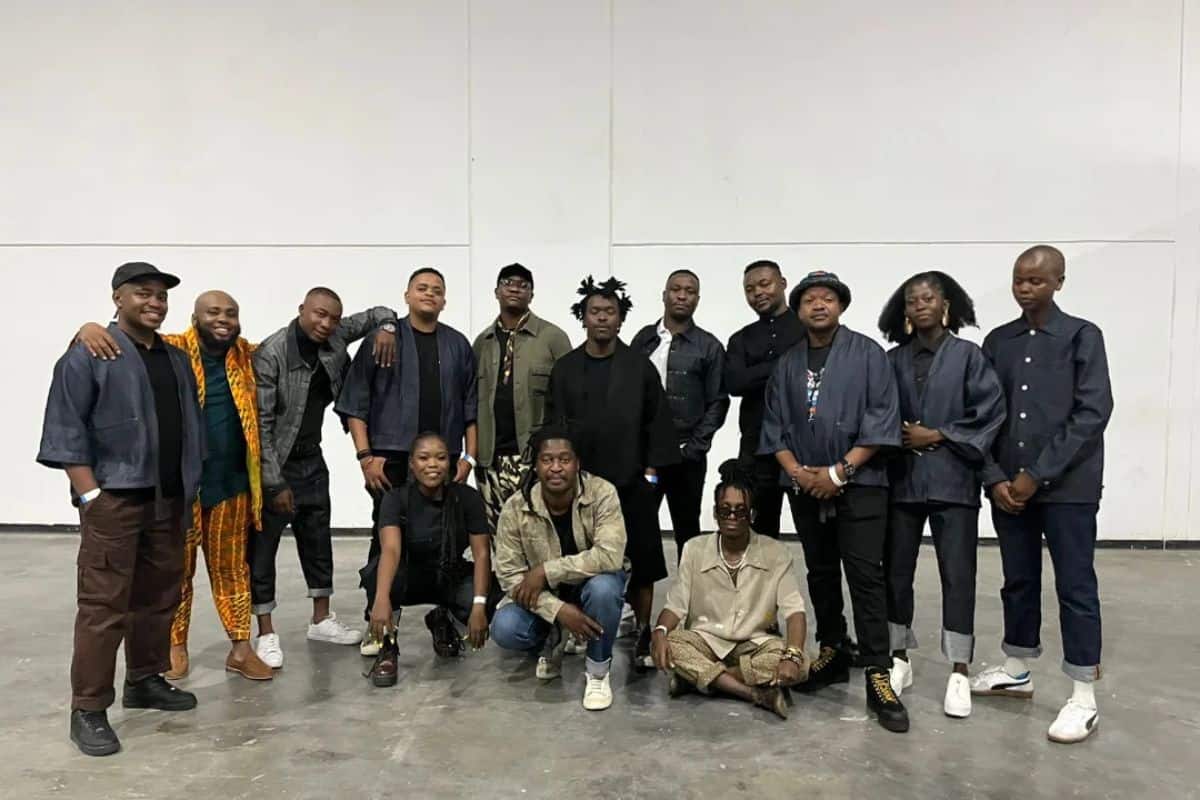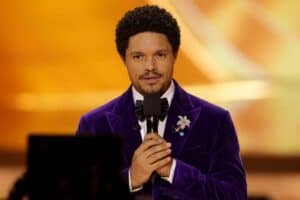iPhupho L’ka Biko's Ngqaqu doesn’t see a difference between the national dialogue and Codesa in the 1990s.

Music collective iPhupho L’ka Biko performed on the first day of the National Dialogue at Unisa, despite some critics labelling the dialogue as a PR exercise.
“It was not a difficult decision to make because as iPhupho, we’ve always made it clear that wherever black people are, we shall be found there,” band founder and leader Nhlanhla Ngqaqu told The Citizen.
“Ultimately [we want] to have a united Africa and an Africa that is completely liberated. That’s our end-goal.”
On Friday, President Cyril Ramaphosa officially opened the first convention that will lead to the rollout of the National Dialogue to communities.
ALSO READ: ‘They will find themselves like the PAC’: Ramaphosa takes aim at National Dialogue boycotters
Another gig for iPhupho
“If we are to choose our gigs based on principles, based on values, ethics, ideology… we would then find ourselves not performing anywhere. So, performing at the National Dialogue is no different to performing at the EFF rally or at the Standard Bank Joy of Jazz,” said Ngqaqu.
In 2023, iPhupho L’ka Biko was one of the performers at the EFF’s 10th anniversary at the FNB Stadium.
He said the band draws the line where there is victimisation of black lives.
“We’d never take a gig, for example, that says Africans are foreigners in our own continent,” shared Ngqaqu.
“We’d never take that stance to go support Operation Dudula, for example. Anything that is anti-black, we wouldn’t support to that extent.”
ALSO READ: ‘It was a black story rather than a political one’- iPhupho L’ka Biko on performing at EFF rally
National Dialogue criticism
Some political parties, civil society organisations and high-profile foundations chose to boycott the first National Dialogue convention.
Former president Thabo Mbeki was the first to float the idea of a National Dialogue; however, before it started, the Thabo Mbeki Foundation pulled out.
Other foundations that opted not to be involved include the FW de Klerk Foundation, Kgalema Motlanthe Foundation, Steve Biko Foundation, and Desmond and Leah Tutu Foundation.
The DA, FF Plus, ActionSA and uMkhonto weSizwe Party are some of the political parties that didn’t participate.
“What I found interesting with this entire criticism, if you listen to most politicians when they’re responding to this thing, in their disgruntlement or disappointment, at the core of this issue is money, the budget,” said Ngqaqu.
“For other entities to withdraw, most of the civil society groups they withdraw because the budget was cut. A lot of the noise is not a question of principle or the importance, but it’s about who is it serving.”
“Where are these people when we’re addressing issues of quality education, this year funny enough is 10 years of Fees Must Fall,” Ngqaqu noted.
The first song that iPhupho performed was Sixole Kanjani, a song that speaks to the murder of Chris Hani and Mgcineni ‘Mambush’ Noki and late mineworkers who were shot by police in Marikana.
M A R I K A N A
— iPhupho L'ka Biko (@IphuphoLikaBiko) August 16, 2025
nithi sixole kanjani?#marikanamassacre#OurNationOurDialogue
…malifezeke…
iPhupho L'ka Biko pic.twitter.com/Af44j5m5de
“Essentially, we played that song to say that if we’re gonna have a dialogue and a genuine one, we can never forget the slain of Marikana and we cannot forget the likes of Chris Hani. We also did uThixo Ukhona, which is also still consistent with our ethos as a band in how we are rooted in spirituality and consciousness.
“We have so much hope in black people… Despite the flaws that our government has, we still have faith. So it was not a difficult decision to make.”
ALSO READ: iPhupho L’ka Biko: Unshackling alcohol’s grip on society through Amanzi Sessions
No ‘practical commitment’
Ngqaqu also said he doesn’t see a difference between the national dialogue and the Convention for a Democratic South Africa (Codesa) in the 1990s.
“It has no practical commitment or outcome. For me it would be more effective if whatever the public has raised, it should be implemented and must be binding. So now at this stage, it’s just a conversation, I don’t see any practical commitment,” he said.
Making an example of an area like Bram Fischer, where there have been issues of electricity for several years, he said the government should first address those issues before engaging in dialogues.
“There is nothing to be spoken about that. You must just give people electricity, give people water… there is a lot of work to be done,” Ngqaqu noted.
“If we are to have a dialogue, it should begin after a substantial work has been done. A dialogue should be had when black people have dignified living conditions. What dialogue are you gonna have with a person that is hungry?” asked the musician.
Support Local Journalism
Add The Citizen as a Preferred Source on Google and follow us on Google News to see more of our trusted reporting in Google News and Top Stories.








